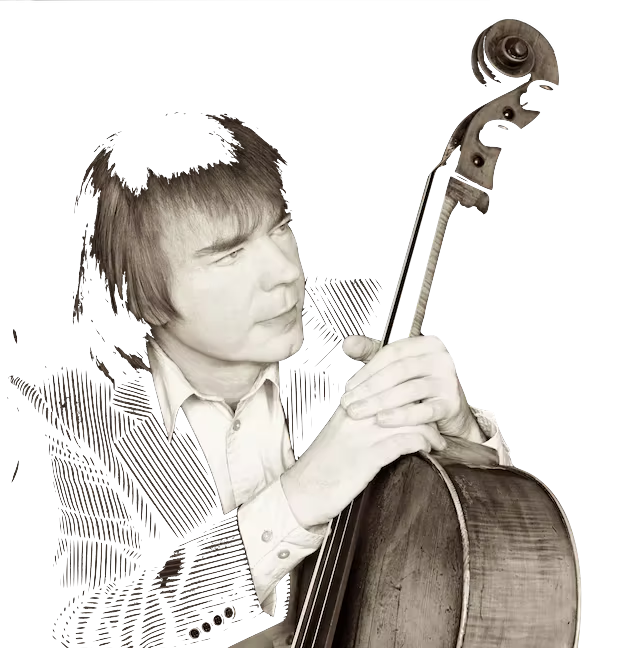Musical Times December 1972
Bliss Cello Concerto (first London performance)
Bliss Cello Concerto
I missed the work of the third Icelandic composer, Atli Heimir Sveinsson’s Together with you, being tempted to slip into the Elizabeth Hall next door for the first London performance of Bliss’s Cello Concerto, written for Rostropovich, first heard at Aldeburgh two years ago. The performers this time were the gifted young English cellist Julian Lloyd Webber and the Chanticleer Orchestra under Ruth Gipps. Originally the work was modestly described as a concertino, but it deserves the grander title, consisting as it does of three full-scale movements, whose contents fall easily on the ear and whose mood recalls that of the Walton Cello Concerto. So far as one could judge from a shy and tentative orchestral performance, Bliss has scored richly but with fastidious care not to drown the soloist—Mr Lloyd Webber produced a lovely, singing tone, and a fine breadth of phrase. Why it has not been heard before in London is a mystery—but even fewer cello concertos than cellists are box office draws. RONALD CRICHTON
Daily Telegraph 30th September 1972
Bliss Cello Concerto (first London performance)
Bliss Cello Concerto – ‘Cellist’s fine style in Bliss Concerto’
Sir Arthur Bliss’s recent cello concerto received its London premiere last night in a programme given by the Chanticleer Orchestra at the Queen Elizabeth Hall and it was excellently performed by the young cellist Julian Lloyd Webber.
With his customary orchestral expertise, Bliss solves brilliantly the problems of balance, posed by the medium, supporting the cello most colourfully yet always allowing it to penetrate.
Both the opening Allegro and the slow movement seem to have ceremonial overtones, yet this is not a pompous work, rather it is capricious and light in spirit with moments of magical lyricism, and the two veins of feeling are often thrown into mercurial contrast.
Mr Lloyd Webber’s confident and stylish interpretation was for the most part well accompanied by the orchestra under Ruth Gipps.
Anthony Payne


